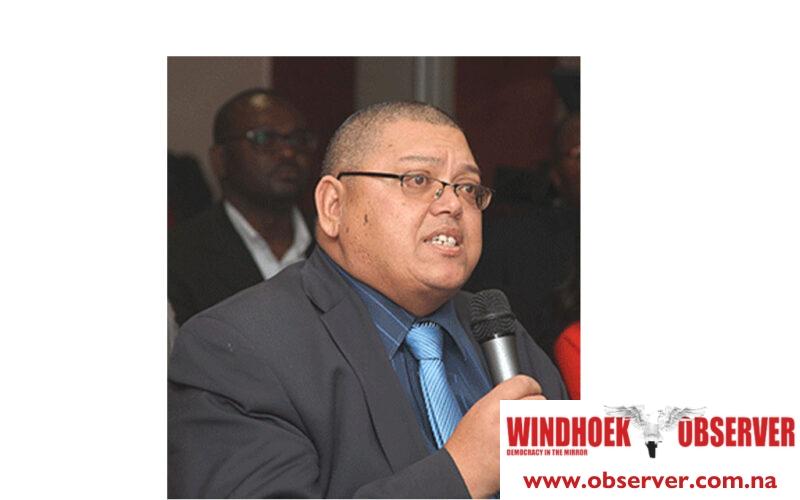Niël Terblanché
The Minister of Fisheries and Marine Resources, Derek Klazen, has criticised the demands of former fishermen as unrealistic, citing their refusal to accept jobs other than sea-going positions while demanding higher wages and benefits.
Klazen made these remarks in response to questions from the Popular Democratic Movement’s (PDM) Mike Venaani during a parliamentary session focused on the challenges, sustainability efforts, and future plans for Namibia’s fishing industry.
Klazen stressed that the ministry launched a socio-economic relief programme in 2020 to support former fishermen who lost their jobs due to retrenchments, strikes, or misconduct.
The minister, however, expressed concern over ongoing demonstrations demanding new fishing rights and quotas, which he believes could threaten the sustainable management of Namibia’s fisheries resources.
The re-employment issue has been contentious, with many former fishermen refusing to take on roles outside of their traditional fishing positions.
According to Klazen, this resistance has complicated efforts to balance employment needs with the sustainable management of fish stocks, which are already under pressure.
The struggle for the re-employment of fishermen has been brewing since 2015 when approximately 4,000 fishermen were retrenched following an illegal strike for better wages.
In a bid to resolve the crisis, a programme was launched in 2020 to re-employ around 1 100 of these fishermen.
However, many of them have remained unemployed or refused alternative employment opportunities provided by the program.
Klazen’s statements in Parliament shed new light on the tension between the former fishermen’s demands and the government’s efforts to ensure sustainable fishing practices.
He emphasized that the ministry is cautious about granting new fishing rights and quotas without considering the long-term impact on fish stocks or the overall health of the fishing industry.
“The ministry’s approach aims to safeguard this critical sector while attempting to address the socio-economic needs of displaced fishermen,” he added.
The minister said that the economic implications of this issue are significant, as the fishing industry remains a vital component of Namibia’s economy, contributing substantially to the nation’s GDP.




